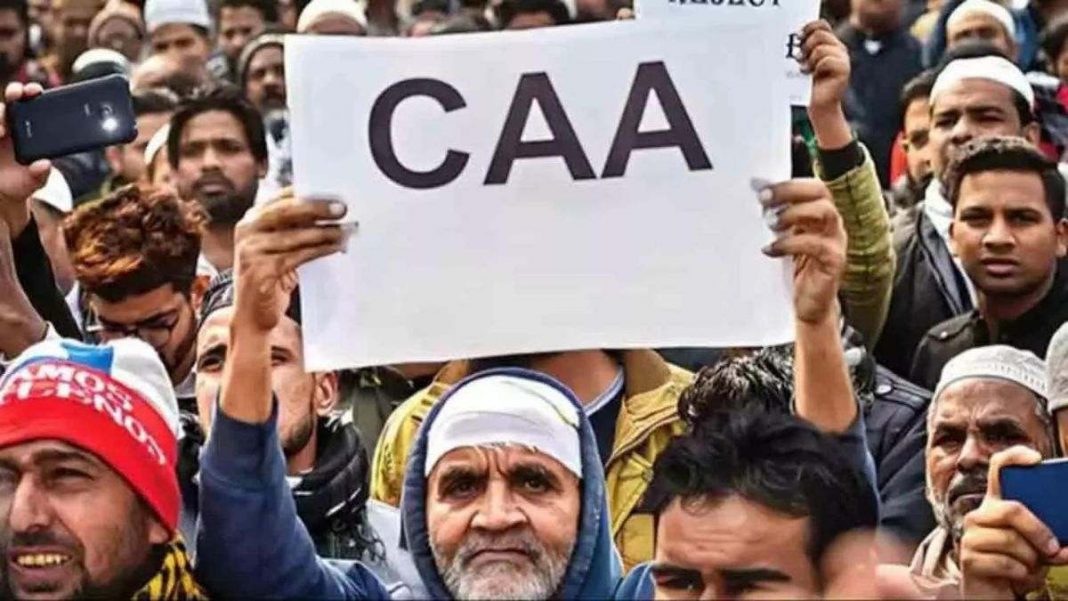On Monday, the government enacted the Citizenship Amendment Act (CAA), which was passed in Parliament five years ago. Ahead of the upcoming general election, the Indian government’s recent implementation of the Citizenship Amendment Act (CAA) regulations is a significant advance. These regulations, which were released before the Model Code of Conduct went into effect, are intended to make it easier for those who qualify under CAA-2019 to apply for Indian citizenship. There has been a trend towards digital governance as applicants may now easily submit their citizenship requests using a newly built online platform.
Union Home Minister Amit Shah, alongside Prime Minister Narendra Modi, affirmed their commitment to fulfilling another pledge by ensuring that minorities, including Christians, Sikhs, Buddhists, Jains, Parsis, and Hindus residing in neighbouring nations, receive Indian citizenship. The objective of these regulations is to provide refuge to minorities facing religious persecution in countries like Bangladesh, Pakistan, and Afghanistan. India reaffirms its commitment to protecting marginalised communities and upholding humanitarian values.
Parliament passed the Citizenship Amendment Act in December 2019, intending to give asylum to anyone who was persecuted for their religious beliefs in their native countries before December 31, 2014. By removing legal obstacles to citizenship, these regulations allow marginalised people to improve their socioeconomic standing and quality of life.
The new regulations specify that candidates must submit an affidavit renouncing citizenship in their country of origin and prove that they are proficient in one of the languages listed in the Eighth Schedule to the Constitution to apply. If the individual can speak, read, or write the relevant language, they will be deemed to possess sufficient knowledge of it.
According to the regulations, the applicant must electronically submit an application for registration or naturalisation under section 6B to the Empowered Committee through the District Level Committee, as specified by the Central Government. Upon submission, an electronic acknowledgment in Form IX will be generated.
The District Level Committee, led by the Designated Officer as specified, will review the applicant’s submitted documents and the application. The Designated Officer will then administer the oath of allegiance to the applicant as outlined in the Second Schedule to the Citizenship Act, 1955 (57 of 1955). Subsequently, they will sign the oath of allegiance and electronically forward it, along with confirmation of document verification, to the Empowered Committee.
If an applicant, despite being provided with ample opportunities, neglects to personally appear to submit the application and take the oath of allegiance, the District Level Committee must send the application to the Empowered Committee for potential rejection.
According to the regulations, the Empowered Committee mentioned in rule 11A has the authority to thoroughly review applications for citizenship by registration or naturalisation submitted under section 6B. This scrutiny ensures that the application is comprehensive and that the applicant meets all the stipulated conditions outlined in section 6B.
After a thorough investigation by an empowered committee, Indian citizenship will be awarded to those who qualify, opening a new era of inclusivity and optimism for marginalised minorities. This program demonstrates India’s dedication to helping those in need and maintaining its standing as a global leader in democracy and tolerance.
Read | Complete List of Best Ludo Earning Apps


